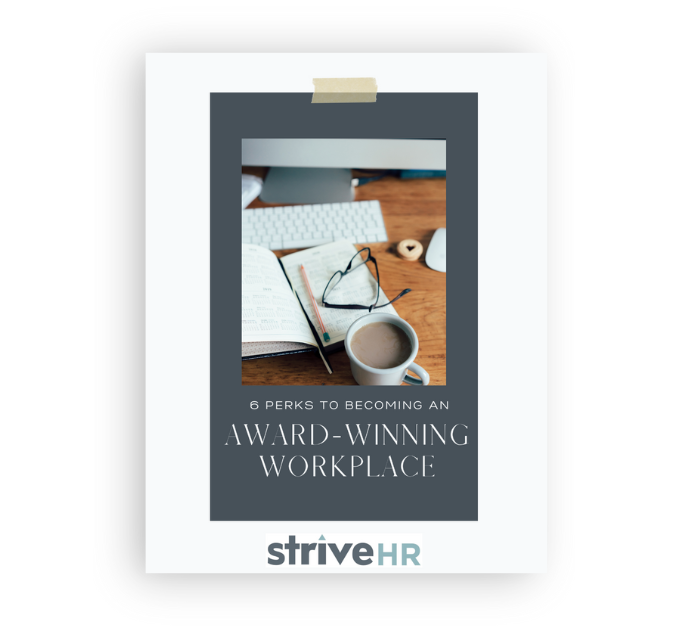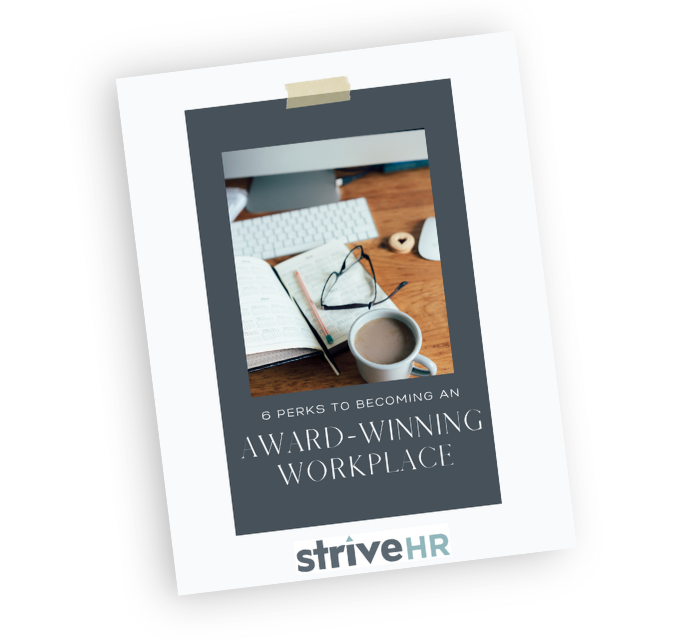Workplace discrimination can be a distressing and isolating experience, and understanding how to address it can feel overwhelming. Fortunately, U.S. federal and state laws protect employees from discrimination based on various protected characteristics, including race, gender, religion, age, and disability. When workplace discrimination occurs, contacting an employment lawyer can be an essential step in safeguarding your rights and pursuing justice. But how do you know if legal help is necessary? This article will discuss situations where reaching out to an employment lawyer is advisable and what to expect when seeking legal support.
Understanding Workplace Discrimination
Workplace discrimination involves unfair treatment of employees or job applicants based on protected characteristics. These characteristics are defined under federal laws like Title VII of the Civil Rights Act, the Americans with Disabilities Act (ADA), and the Age Discrimination in Employment Act (ADEA). Many states have additional protections, which means that in some cases, state law can offer broader protection than federal law.
Workplace discrimination can take many forms, including:
- Denying promotions, raises, or opportunities based on an employee’s protected status
- Using derogatory language or offensive jokes about a protected characteristic
- Treating an employee unfavorably due to their disability, religion, gender, or other protected factors
- Implementing policies that unfairly target or disadvantage specific groups
If you believe you’re experiencing discrimination, understanding when to consult an employment lawyer can be critical to protecting your rights.
When to Contact an Employment Lawyer
Not every workplace issue requires legal intervention, but there are specific situations where consulting with an employment lawyer can make a significant difference. Here are some circumstances where reaching out to a lawyer may be essential:
1. Your Rights are Clearly Violated
If you believe your employer has clearly violated your rights, whether through overt discriminatory practices or by failing to comply with accommodation requirements, it’s essential to speak with a lawyer. Employment lawyers are well-versed in federal and state discrimination laws and can advise you on the strength of your claim and your next steps.
2. You’re Experiencing Age Discrimination
Age discrimination is a common issue in the workplace, especially for older employees. Federal law, under the Age Discrimination in Employment Act (ADEA), protects employees aged 40 and above from discrimination. Additionally, some states have their own protections. For example, in Georgia, employees aged 40 to 70 are protected by the Georgia Age Discrimination Act, which offers safeguards against age-based discrimination in hiring, firing, and employment terms. If you suspect age discrimination, consulting a lawyer can help you understand if you have a case and what evidence may be needed to prove it.
3. Your Employer Retaliates Against You
If you reported discrimination or harassment and experienced retaliation, this could be grounds for a legal claim. Retaliation might involve a demotion, cut in hours, unfavorable reassignments, or other adverse actions that seem to be a response to your complaint. Federal law protects employees from retaliation, so if you experience negative consequences after reporting discrimination, an employment lawyer can advise you on building a retaliation case.
4. Your Workplace is Hostile
A hostile work environment can develop when harassment or discrimination becomes pervasive, affecting your ability to perform your job. Examples might include constant derogatory comments, persistent offensive jokes, or being singled out unfairly based on a protected characteristic. Documenting this behavior and consulting a lawyer can help you determine if you have grounds for a legal claim related to a hostile work environment.
5. You’re Denied Reasonable Accommodations
Under the ADA, employees with disabilities have the right to reasonable accommodations that enable them to perform their job duties. If your employer refuses to provide accommodations or retaliates against you for requesting them, a lawyer can help you determine if your rights are being violated. In cases where religious accommodations are involved, such as modifying work schedules for religious observances, employers are similarly required to make reasonable adjustments unless it causes undue hardship.
What an Employment Lawyer Can Do for You
If you’re experiencing workplace discrimination, an employment lawyer can offer valuable assistance in several ways:
- Assessing Your Case: An employment lawyer will review your situation and advise you on whether you have a valid claim based on federal or state laws. They’ll also discuss the strength of your case and what evidence is needed to move forward.
- Gathering Evidence: Lawyers can help you collect evidence that supports your claim, such as documentation of discriminatory actions, emails, witness statements, and performance records. Gathering the right evidence is crucial to proving discrimination.
- Filing a Complaint: If you decide to pursue a claim, your lawyer can help you file a complaint with the Equal Employment Opportunity Commission (EEOC) or a state agency. Filing a complaint is often a prerequisite to filing a lawsuit and allows the EEOC to investigate your case.
- Negotiating a Settlement: In some cases, your lawyer may be able to negotiate a settlement with your employer, which could involve compensation, reinstatement, or policy changes. Settling out of court can be beneficial for both parties and may help you resolve the issue faster.
- Representing You in Court: If your case goes to court, having a skilled employment lawyer on your side can make a significant difference. They will advocate for your rights, present your case effectively, and work to achieve the best possible outcome.
Steps to Take Before Contacting a Lawyer
Before reaching out to an employment lawyer, consider taking these preliminary steps:
- Document Everything: Keep a detailed record of incidents, including dates, times, people involved, and any witnesses. This documentation will be essential if you proceed with a claim.
- Review Your Company’s Policies: Familiarize yourself with your employer’s policies on discrimination and harassment. Some companies have specific procedures for reporting discrimination, which can be helpful to follow before escalating the issue.
- Report the Issue to HR: If possible, report the issue to your HR department. This creates a record of your complaint and shows that you took appropriate steps to address the problem internally. However, if you feel uncomfortable reporting to HR due to fear of retaliation, it’s understandable to proceed directly to legal counsel.
Workplace discrimination is a serious issue that can affect not only your job but also your emotional well-being. Knowing when to contact an employment lawyer is crucial if you face discrimination or unfair treatment. Employment lawyers are well-equipped to help you navigate complex workplace laws, assess the strength of your case, and pursue justice.



